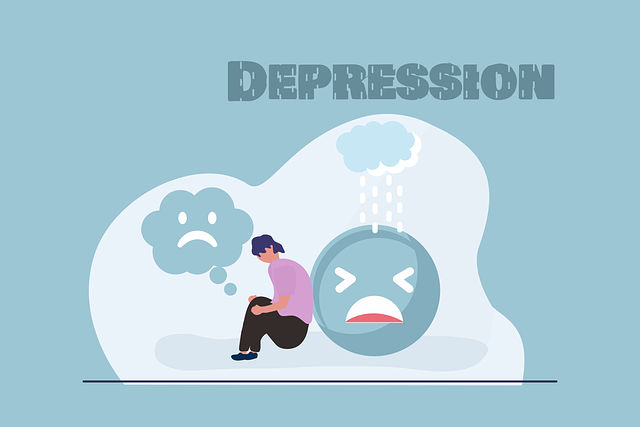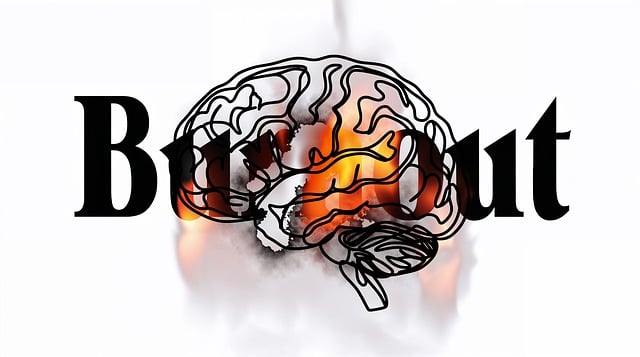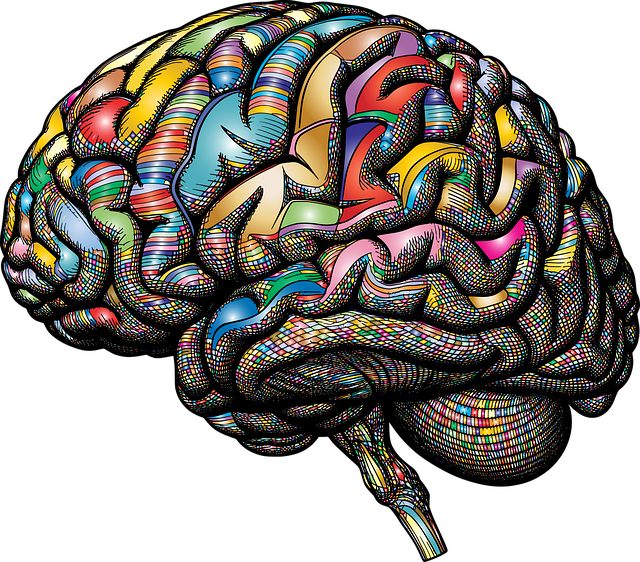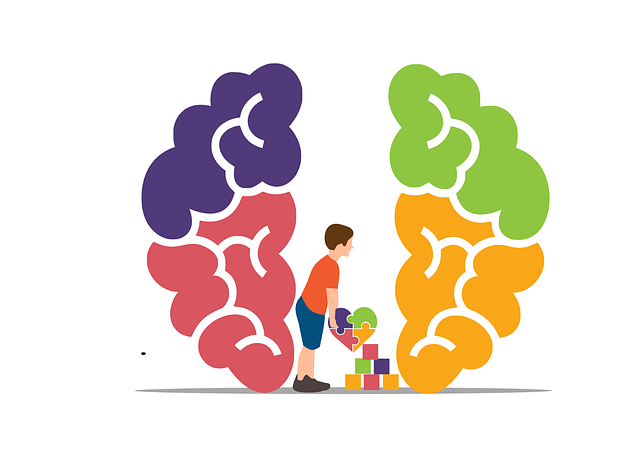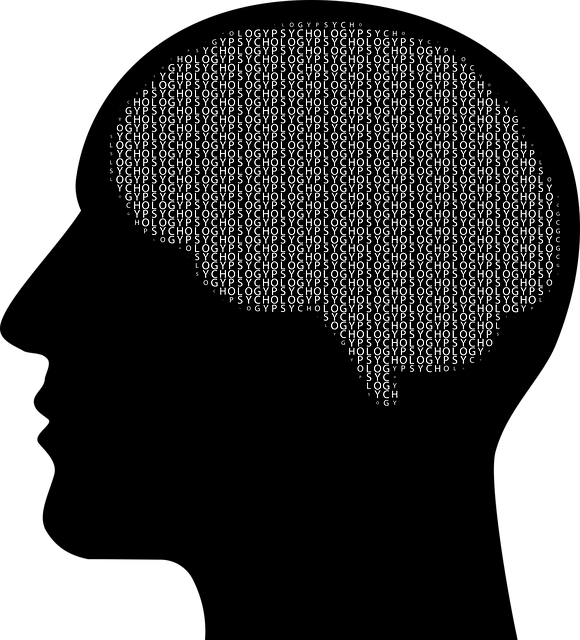Cultural competency in healthcare, as exemplified by Longmont Psychosis Therapy, is crucial for addressing mental illness like psychosis among diverse populations. By recognizing cultural backgrounds and values, providers can tailor coping skills and reduce stigma. Biases, however, can impede care, so outreach programs and mental wellness journaling help providers overcome these issues. Structured training at institutions like Longmont incorporates interactive workshops, case studies, and peer learning to enhance cultural sensitivity. These efforts significantly improve clinical outcomes, foster empathy, dispel stereotypes, and promote open communication in therapy sessions, ensuring patients feel understood and supported on their path to improved mental wellness.
Cultural competency training is an essential component of modern healthcare, addressing the impact of cultural biases that can affect patient care. In today’s diverse society, understanding different cultural contexts improves healthcare delivery and outcomes. This article explores the critical role of cultural competency in healthcare, focusing on its benefits for patients. We delve into how implicit biases influence treatment, highlighting the need for effective training programs tailored to healthcare providers. Additionally, case studies showcase successful implementations, emphasizing the importance of continuous education, including strategies for Longmont Psychosis Therapy.
- Understanding Cultural Competency in Healthcare: Why It Matters
- The Impact of Cultural Biases on Patient Care
- Designing Effective Training Programs for Healthcare Providers
- Case Studies: Successful Implementation of Cultural Competency Training
- Continuous Education and Its Role in Longmont Psychosis Therapy
Understanding Cultural Competency in Healthcare: Why It Matters

Cultural competency in healthcare is an essential aspect that often goes beyond treating physical symptoms. It involves understanding and appreciating diverse cultural backgrounds, beliefs, and values to deliver quality care. In a world with increasingly diverse populations, healthcare providers must recognize that mental illness doesn’t exist in a vacuum—it’s deeply intertwined with cultural contexts. This awareness is crucial for effective treatment, especially when addressing conditions like psychosis in communities like Longmont Psychosis Therapy.
By incorporating cultural competency training, healthcare professionals can better support patients from various ethnic, racial, and socioeconomic groups. Such training enables them to recognize and challenge the mental illness stigma reduction efforts that often hinder open conversations about mental health within different cultures. Moreover, it facilitates the development of coping skills and stress management techniques tailored to individual cultural needs, fostering a more inclusive and effective healthcare environment.
The Impact of Cultural Biases on Patient Care

Cultural biases can significantly impact patient care, especially in diverse communities like Longmont where a range of ethnic, cultural, and socioeconomic backgrounds coexist. Healthcare providers with unaddressed biases may unintentionally perpetuate stereotypes or make assumptions about patients’ preferences, needs, and behaviors based on their cultural backgrounds. This can lead to misdiagnoses, inadequate treatment plans, and a breakdown in communication that hinders the therapeutic process. For instance, a provider’s preconceived notions about a patient’s mental health condition, like psychosis, could result in biased assessments or limited exploration of culturally relevant symptoms and experiences.
Community outreach program implementations and mental wellness journaling exercises can help mitigate these biases. By engaging in regular mental health awareness discussions and educational sessions, healthcare providers gain insights into different cultural perspectives, learn to recognize their own biases, and develop guidance for providing more culturally competent care. Such efforts are crucial in fostering an inclusive environment where all patients feel understood, respected, and supported on their journeys towards improved mental wellness.
Designing Effective Training Programs for Healthcare Providers

Designing effective training programs for healthcare providers is a multifaceted process that requires careful consideration of diverse learning needs and preferences. At institutions like Longmont Psychosis Therapy, for instance, cultural competency training should not be a one-size-fits-all endeavor. Instead, it must incorporate interactive workshops, case studies reflecting real-world scenarios, and peer-to-peer learning opportunities to ensure knowledge retention and skill application. Incorporating Emotional Well-being Promotion Techniques can also enhance these programs by teaching providers self-care strategies, which in turn improve their ability to support patients’ mental health needs effectively.
The design of such training should also prioritize continuous evaluation and feedback mechanisms. This includes pre- and post-training assessments to gauge knowledge gain and skill development, as well as regular follow-up sessions to reinforce learning and address any gaps identified. Additionally, integrating Mental Health Education Programs into the curriculum ensures that healthcare providers are equipped with comprehensive understanding of mental health conditions, treatment options, and cultural considerations pertinent to diverse patient populations they serve.
Case Studies: Successful Implementation of Cultural Competency Training

In recent years, healthcare providers across various specialties have recognized the critical importance of cultural competency training in delivering effective patient care. Longmont Psychosis Therapy, for instance, has been at the forefront of implementing and refining such programs. Through case studies, they’ve demonstrated that structured training sessions focusing on diverse cultural perspectives can significantly enhance clinical outcomes. One successful approach involves role-playing scenarios where therapists navigate complex interpersonal dynamics, ensuring patients from different ethnic backgrounds feel heard and respected.
These exercises extend beyond simple knowledge acquisition; they foster an environment of empathy and understanding. By incorporating Mental Wellness Journaling Exercise Guidance, providers encourage patients to express their experiences and concerns in their own words, facilitating open communication. Moreover, integrating Mental Health Awareness into the training curriculum helps dispel stereotypes and promotes a deeper appreciation for the impact of cultural factors on mental health conditions like anxiety, which can be exacerbated by miscommunication or insensitive approaches.
Continuous Education and Its Role in Longmont Psychosis Therapy

In the field of Longmont Psychosis Therapy, continuous education is not just a necessity but a cornerstone of effective treatment. Healthcare providers must stay updated with the latest research and best practices to offer compassionate care tailored to each patient’s unique needs. This ongoing learning process involves attending workshops, webinars, and conferences, ensuring therapists are equipped with innovative techniques for mental illness stigma reduction efforts. By participating in these educational programs designed to enhance mental health knowledge, professionals can better navigate complex cases and foster a supportive environment.
Continuous education also enables the development of empathy-building strategies within Longmont Psychosis Therapy sessions. Through training, therapists learn to recognize cultural nuances and subtle cues from patients, promoting deeper connections and understanding. This skill is vital for breaking down barriers and challenging stereotypes associated with mental health, further enriching the therapeutic experience.
Cultural competency training is a game-changer in healthcare, especially in addressing the needs of diverse patient populations. As highlighted by case studies and continuous education practices, such as those seen in Longmont Psychosis Therapy, implementing comprehensive training programs can significantly improve patient outcomes. By recognizing and overcoming cultural biases, healthcare providers can offer more personalized and effective care, fostering a healthier and more inclusive healthcare environment for all.

